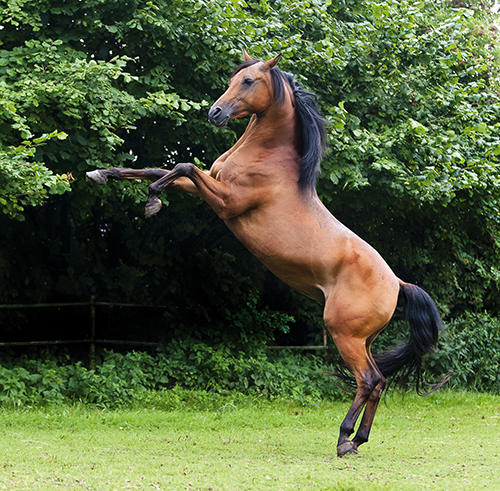 Dr Debbie Marsden, a leading equestrian expert with over 20 years professional experience of expert witness work, offers some advice on selecting the right expert in cases involving animals
Dr Debbie Marsden, a leading equestrian expert with over 20 years professional experience of expert witness work, offers some advice on selecting the right expert in cases involving animals
In animal related cases, a veterinary surgeon is often the best expert, being generally regarded as an authority on animals and easily recognized by the word 'veterinary' – a protected title – and the letters MRCVS (Member of the Royal College of Veterinary Surgeons) after various degrees.
As with all professions, when seeking an expert it is best to use a specialist; and vets are not allowed to describe themselves as a 'specialist' until they have taken considerable further study and been further examined in a particular area. The letter D or Dip, for Diploma, is the additional qualification to look for in a vet with particular expertise in any area, for instance DSAS – Diploma in Small Animal Surgery (Orthopaedics).



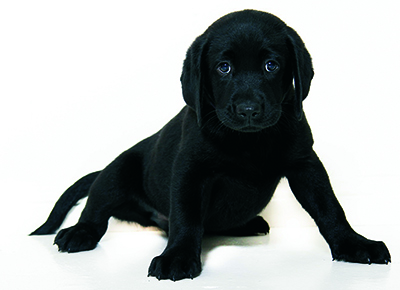 On 1 October Defra introduced the Animal Welfare (Licensing of Activities Involving Animals) England Regulations 2018. The regulations protect the welfare of animals being bred and sold commercially, particularly puppies, as well as ensuring better standards in the wider pet industry.
On 1 October Defra introduced the Animal Welfare (Licensing of Activities Involving Animals) England Regulations 2018. The regulations protect the welfare of animals being bred and sold commercially, particularly puppies, as well as ensuring better standards in the wider pet industry.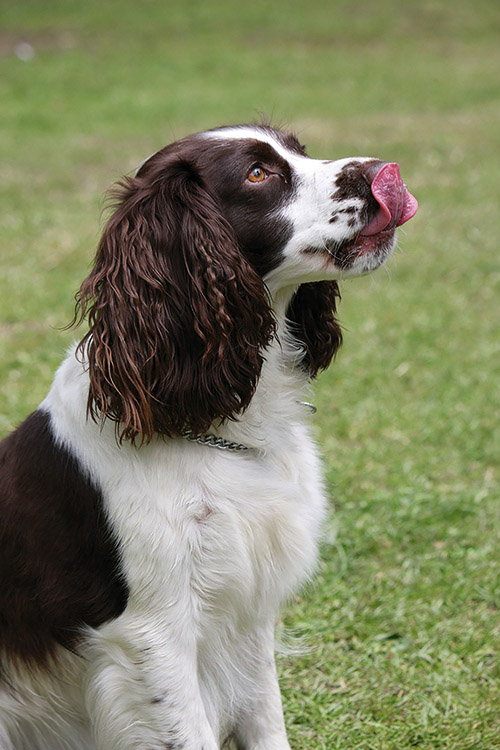 The Scottish Government’s Environment, Climate Change and Land Reform Committee has voted to allow the reintroduction of so-called tail-docking for a number of breeds of hunting dogs. The proposals will allow the removal of up to the end third of the tails of spaniels and hunt point retrievers within five days of being born if they are destined to be working dogs.
The Scottish Government’s Environment, Climate Change and Land Reform Committee has voted to allow the reintroduction of so-called tail-docking for a number of breeds of hunting dogs. The proposals will allow the removal of up to the end third of the tails of spaniels and hunt point retrievers within five days of being born if they are destined to be working dogs.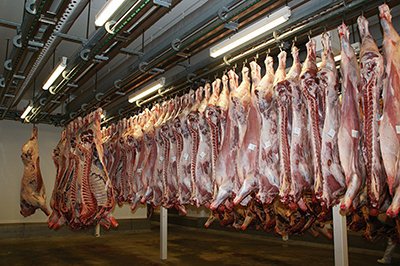 With consultation on CCTV in slaughterhouses closing on 22 September, the Scottish Government has announced plans to introduce a similar consultation as part of its Government Programme for Scotland 2017/18.
With consultation on CCTV in slaughterhouses closing on 22 September, the Scottish Government has announced plans to introduce a similar consultation as part of its Government Programme for Scotland 2017/18.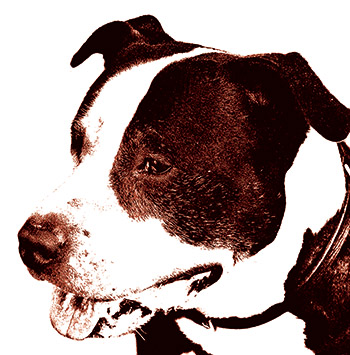 Last year, amendments to the Dangerous Dogs Act were introduced under the Antisocial Behaviour, Crime and Policing Act. Recently, sentencing under those amendments came into force. The new laws extend both the scope of the Act and where offences can be committed.
Last year, amendments to the Dangerous Dogs Act were introduced under the Antisocial Behaviour, Crime and Policing Act. Recently, sentencing under those amendments came into force. The new laws extend both the scope of the Act and where offences can be committed.